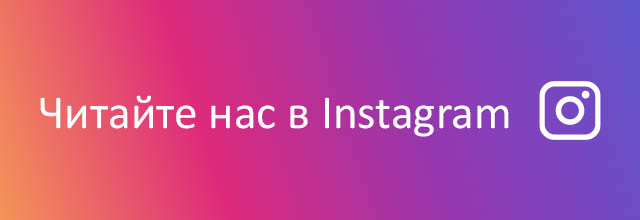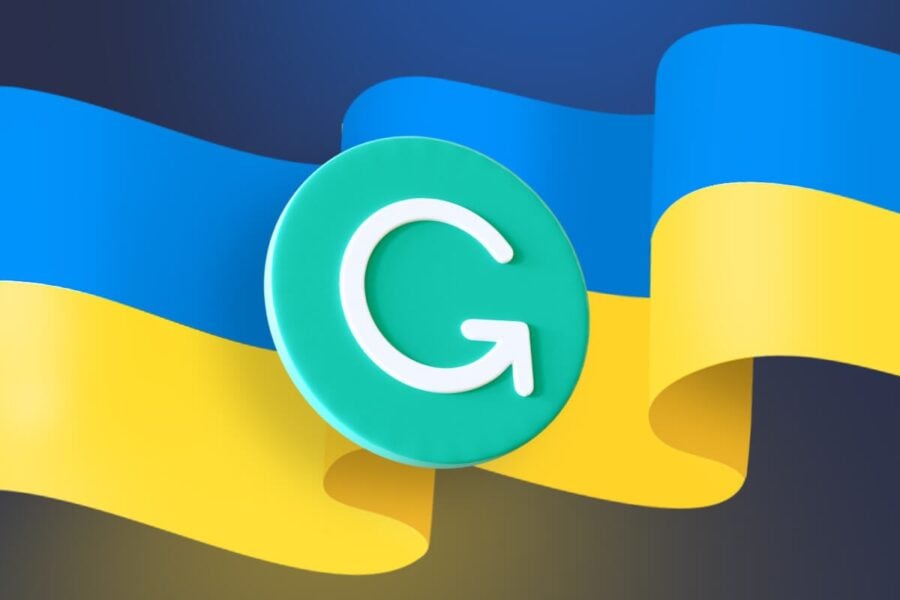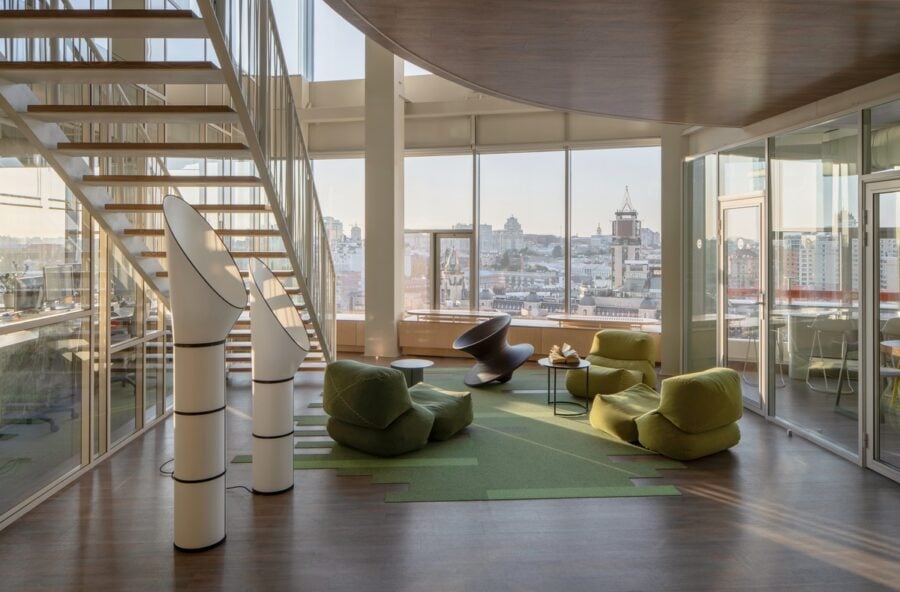It has been over three months since the beginning of the full-scale Russian invasion of Ukraine. Grammarly told what this period was like for the company, i.e. the support of colleagues in Ukraine and Europe, business stability, expansion of the Ukrainian team, a new hub, and initiatives to help Ukraine.
About emergency action plans and support for the Ukrainian team
“We started working actively on emergency action plans at the end of last year. We hoped that we would not need them, but we were preparing for any scenario. The main task was to ensure the safety of our colleagues and to be able to react quickly. We were able to quickly activate our plans to help team members and their families, in particular by providing relocation support to safer areas and abroad for those who did not have travel restrictions,” said Andriy Derevyanko, Director of Engineering and Ukraine Site Lead at Grammarly.
Now Grammarly continues to provide support to members of the Ukrainian team in Ukraine and abroad, including logistics and finance.
“We have also expanded our mental health program. The company pays for 12 sessions of psychotherapy. In addition, the team conducted two workshops with a psychotherapist on the war trauma because it is important for people now to understand what stages the psyche is going through and how to help themselves to cope with it. Similar training was conducted separately for managers to give them an understanding of how to support their teams and maintain productivity,” says Anatoliy Visikirsky, manager of the People Operations and Ukraine Site Lead team at Grammarly.
All Grammarly team members who need additional days off to volunteer or to take care of family or well-being can take an extra paid break from work. The specialists who joined the Armed Forces of Ukraine will retain their salaries for 12 months.
About expanding the team in Ukraine and resuming online events
“Stand With Ukraine for us is not just words, but personal position. Grammarly was founded in Ukraine 13 years ago. Our first office was opened in Kyiv. We believe in our victory and the future of the Ukrainian technology industry and continue to hire specialists in Ukraine for engineering and non-technical roles, including Support and Sales. We hope that very soon we will be able to meet again together in our Kyiv hub,” explains Dmytro Lider, a co-founder, and head of Grammarly language technology.
The company has also revived online events for the engineering community. The fourth free Grammarly summer school in computer linguistics is coming in July. Since 2018, almost 60 linguists have become participants and have been able to acquire basic natural language skills for free. And on June 6-10, the Grammarly team will hold a series of online meetings Grammarly Tech Week, where it will share its experience and talk about approaches to development and testing at Grammarly. All events will be free, but participants will be encouraged to make a voluntary contribution to a foundation or organization that supports Ukraine.
About Grammarly business stability and assistance to Ukraine
“We have prepared business continuity plans in advance and have been prepared to hand over business-critical tasks to colleagues in the United States and Canada if needed so that our Ukrainian colleagues can focus on their own safety and the safety of their beloved ones. The Ukrainian Grammarly team now works in various cities of Ukraine and abroad. We continue to implement the product development plans we set ourselves at the beginning of the year. As a business, we maintain a strong position, in particular, we are actively developing the B2B direction and new partnerships. This stable position allows us to continue to expand the team, provide support to colleagues and transfer funds to the needs of Ukraine. In early February, we announced our intention to transfer $5 million, equivalent to the income in Russia and Belarus since 2014, to organizations and foundations that support the defenders of Ukraine and Ukrainians affected by the war. As of June 1, we have already distributed these funds. Among the initiatives we have helped are the Return Alive Foundation, Razom, Nova Ukraine, KOLO, Tvoya Opora, special NBU accounts to raise funds in support of the Armed Forces of Ukraine and humanitarian goals, and others. Many volunteer initiatives are conducted by our colleagues personally,” says Dmytro Lider.
In the first week of March, Grammarly blocked access to Grammarly products and services in Russia and Belarus. The company has also added an information message inside the product. It informs users who write about the war about resources to support Ukraine. This message has been shown to users more than 1 million times since its launch. The free offer for NGOs is also valid. More than 215 non-profit organizations from Ukraine have already received licenses for Grammarly Business. Ukrainian media can also join the program.
On expanding the presence in Europe
Today, Grammarly already employs more than 700 people and the company continues to expand its global team in all locations, offering more than 100 vacancies. On June 1, Grammarly also announced the start of hiring in Europe and the opening of a new permanent hub in Berlin.
“Since the opening of our fourth hub in Vancouver, Canada in 2019, we have begun to consider options to expand our presence in Europe. We saw the need to speed up these processes after the start of a full-scale Russian invasion of Ukraine. After helping the team members and their families with relocation, we focused on finding options to support temporarily displaced colleagues in Ukraine and abroad,” said Erica Alioto, VP of People, Grammarly.
The Berlin Hub will be Grammarly’s fifth permanent hub, which already has hubs in Kyiv, San Francisco, New York, and Vancouver. In all locations, the company supports a hybrid format of remote work – team members can work remotely and will meet quarterly in the hubs to work together for several weeks. In Europe, Grammarly will support work from Ukraine, Germany, Poland, and Portugal.
Members of the EU’s engineering, product and design teams will meet at a hub in Berlin, while colleagues from other teams will meet at a workspace in Krakow, which they will rent for such meetings. The company invites Ukrainian diaspora and Ukrainians who temporarily left Ukraine due to the war to apply for vacancies in Germany, Poland, and Portugal. Grammarly maintains its two-story hub in Kyiv with almost 300 jobs, but it remains closed for security reasons. All current and new colleagues in Ukraine will work only remotely.






Loading comments …